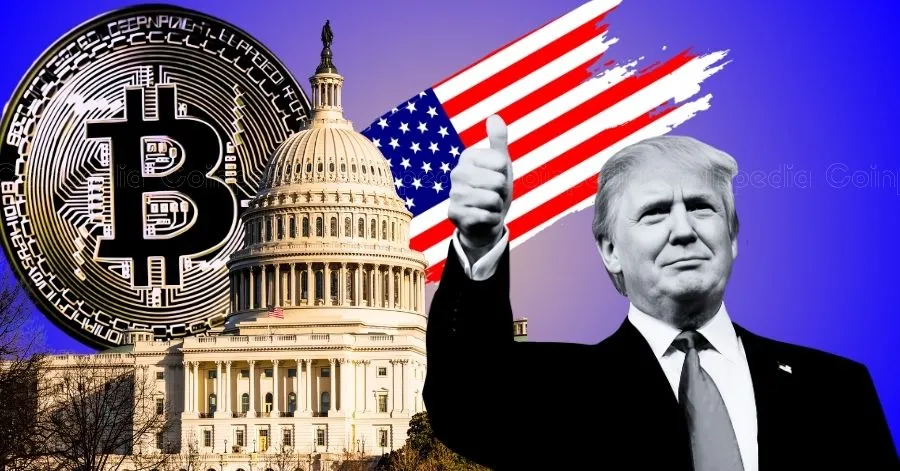U.S. Congress to Prioritize Crypto Legislation in 2025, Focusing on Stablecoins and FIT21 Act

With the incoming pro-crypto administration under Trump, the U.S. Congress is expected to prioritize crypto legislation in 2025, focusing on key issues like stablecoins and the FIT21 Act. Notably, in 2025, several cryptocurrency bills could potentially be passed in the United States. Washington is expected to have the most pro-crypto Congress.
In the new year, the House Financial Services Committee, which is likely to spearhead crypto legislation, will be led by Rep. French Hill of Arkansas. Hill, who currently chairs the committee’s digital asset panel and has worked on several crypto-related bills, including those focused on regulating stablecoins and the FIT21 market structure bill.
“Should FIT21 and stablecoin legislation not pass during the lame duck, both bills will be a top priority for me in the 119th Congress,” Hill noted.
FIT 21 Act
This bill aims to establish a clearer regulatory framework for digital assets, defining whether they are securities or commodities. The bill has already passed the House and would grant more power to the CFTC for overseeing crypto markets, particularly for digital commodities like Bitcoin. However, the passage of the proposal in the Senate is uncertain, although there is significant bipartisan interest, as highlighted in recent discussions.
It’s not clear where FIT21 could go next as the SEC and CFTC will be different in the coming year as Trump has chosen Paul Atkins to lead the SEC, who has shown a friendly approach to crypto. There could also be room for some changes in FIT21 on how decentralization is defined.
Stablecoin Legislation
Discussions around stablecoin regulation have been ongoing, with bills like the Clarity for Payment Stablecoins Act being considered. There’s a focus on providing regulatory clarity and consumer protections for stablecoins, which could potentially be included in broader financial legislation or passed as standalone bills. This would involve setting criteria for issuers and ensuring stablecoins are backed appropriately.
Digital Asset Market Infrastructure Bill
This legislation would deal with aspects like custody and the integration of digital assets into traditional financial systems. There’s talk of this bill potentially passing in early 2025, suggesting a push towards infrastructure that supports crypto in financial services.
General Regulatory Clarity
There’s an overarching push for regulatory clarity in the crypto space, with lawmakers like Rep. French Hill prioritizing digital asset legislation in the new Congress. This could lead to a variety of bills aimed at addressing different aspects of crypto, from taxation to AML/KYC requirements, shaping the regulatory environment for cryptocurrencies.
Strategic Bitcoin Reserve
The idea of creating a strategic Bitcoin reserve is gaining traction at both federal and state levels. Trump had pledged to establish such a reserve, while Senator Cynthia Lummis has drafted a bill for the U.S. Treasury to buy one million bitcoins over five years.
However, Lummis’ bill might face challenges, as it lacks bipartisan support and a Senate companion. Another factor that could affect crypto legislation is Warren’s new spot as the ranking Democrat of the influential Senate Banking Committee.
With Congress facing multiple competing priorities in the coming year, including major tax and border-related legislation, there will be fierce competition for legislative time. This could impact the prospects of all crypto-related bills, including FIT21 and others.
The political climate, with a pro-crypto bipartisan approach and potential support from the incoming administration, indicates that 2025 might see significant legislative action on cryptocurrency, although the exact scope and nature of these bills will hinge on many factors like political negotiations, regulatory agency input, and public sentiment.



